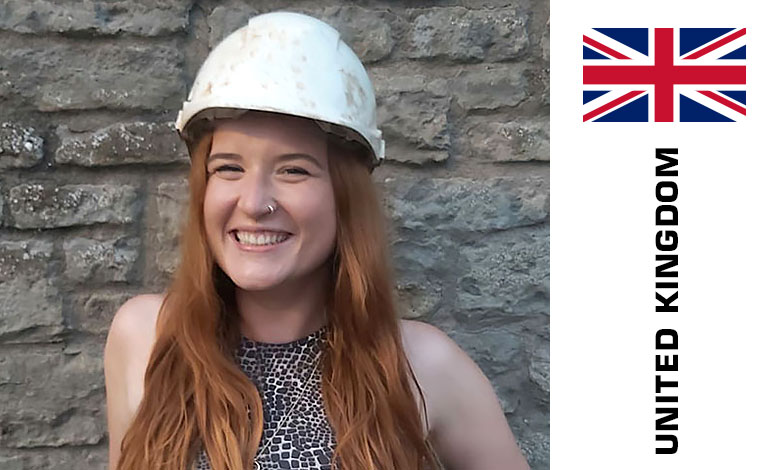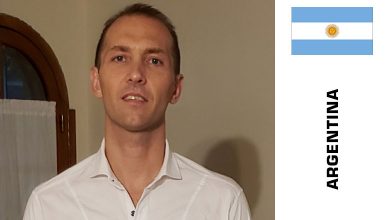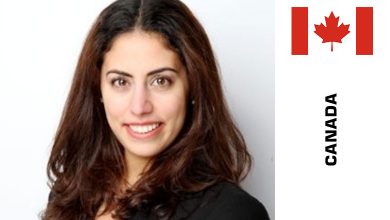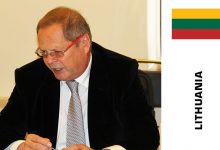
Archaeologist
Victoria Sands is a CIfA accredited archaeologist, where she works on the excavation, identification, recording and packing of archaeological materials. She graduated from the University of Southampton with a bachelors degree in Archaeology and History in 2019, and a masters degree in Business and Heritage Management in 2020. During her degrees, Victoria worked as a Museum Assistant, and expanded her expertise with numerous voluntary positions and internships, most notably at the Roman Baths and the Rifles Museum, Winchester. Since graduation, she has worked hard to secure a career in heritage, despite the impact of the pandemic, and is now interested in freelance historical writing in her spare time. Follow her at @VictoriaSands9
Session: Entering Your Heritage Career Digitally During COVID-19
COVID-19 has offered a unique period to be pursuing a career in heritage. In an already competitive industry, the pandemic has resulted in many companies ceasing hiring, and in person interviews have become a thing of the past. This, in addition to online lectures for University students and furloughing schemes for employees, digital engagement has become more important than ever for breaking into this profession.
As I finished my Masters degree in July 2020 and pursued a position in museum or heritage institution, I was met with a range of issues. The limited jobs presented the main issue, as this caused over subscription and saturation of talent, meaning that early careerists like myself were often overlooked. Furthermore, online interviews became common place, meaning that your digital presence was ever more important for potential employers as there would be no in-person meetings.
During this session I will share my personal journey towards a career in heritage, which has involved several rejections and setbacks, but also some serious introspection and self-improvements, as well as the securement of two roles in my field. I will discuss the importance of engaging with social media such as Twitter and LinkedIn, which has connected me with many like-minded professionals and helped me gain a better understanding of the kind of experience to build for my chosen career path. Furthermore, early careerists should seek to stand out from applicants with unique experiences, such as working towards professional accreditation (in my case through the Chartered Institute for Archaeologists), taking online courses, or volunteering which can also be done online. I will also discuss how to create a confident and personable Curriculum Vitae and Covering Letter, to capitalise on experience and make applicants as attractive to employers as possible.
In my proposed presentation, I will seek to provide my own experience of breaking into a niche industry with the additional complication of the COVID-19 crisis. I will outline the challenges and opportunities in the heritage industry provided by the pandemic, and lessons learnt from them. Then I shall offer some guidance into how to present yourself online using both official applications, and social media, in addition to where to search for opportunities in the sector. It is hoped that this session will make breaking into the heritage industry seem less daunting, even with COVID-19 as a looming factor.
Additional information and programme of International Conference on Digital Innovation in Education, Cultural & Scientific Heritage – here











